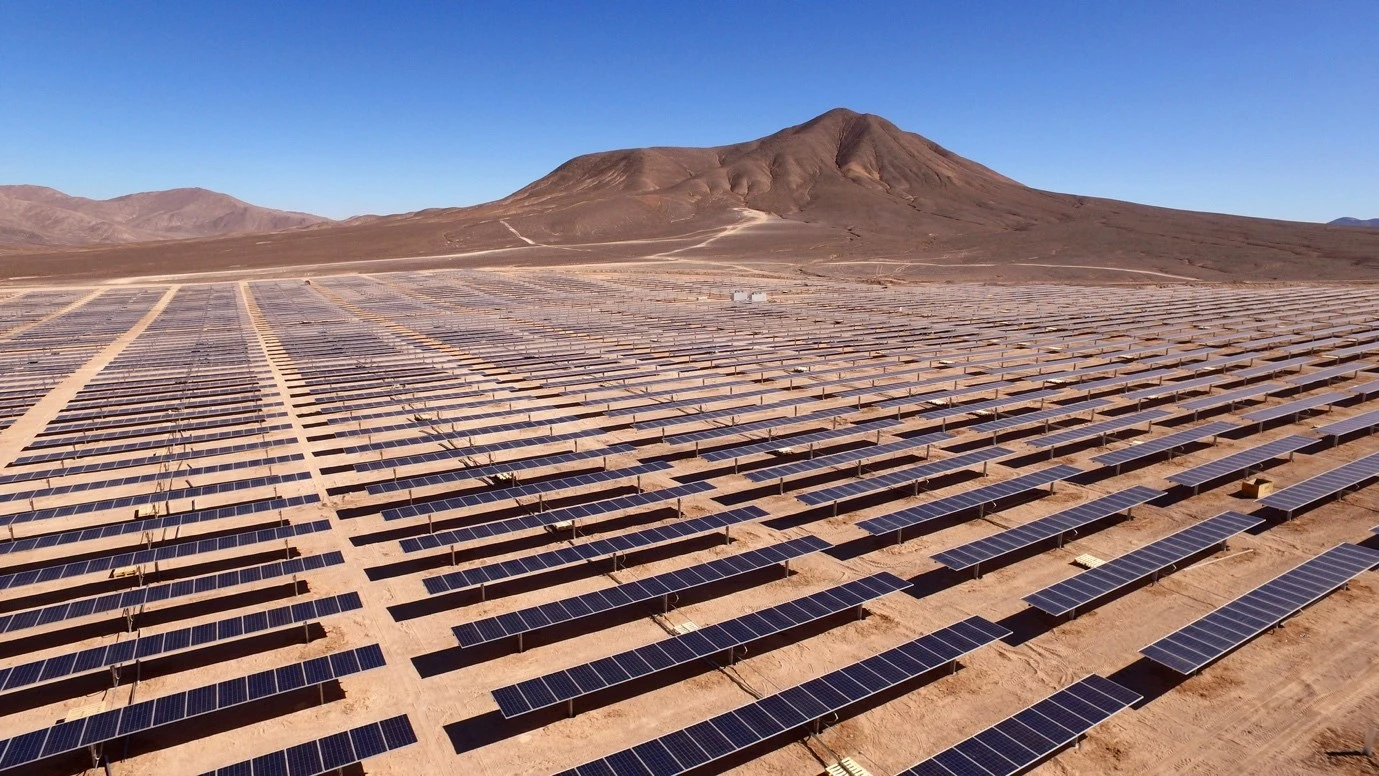The energy transition and move towards green economies presents opportunities for countries to improve their position along renewable energy technology value chains. Yet the question is, what structural factors are needed for such an improvement? In a new study, recently published in Energy for Sustainable Development, Brandt School Professor Andreas C. Goldthau, along with EIPCC researchers Laima Eicke and Silvia Weko, and other researchers from the Research Institute for Sustainability (RIFS Potsdam), conducted formal scenario analysis to investigate how countries can improve their positions, using Chile as a case study. The team modelled complex system dynamics in 31 alternative futures, which resulted in key findings that can help guide strategic long-term policies for the Chilean energy sector.
First, they find that isolated policy interventions do not suffice to enable Chile to upgrade its value chain position. Instead, there are two key factors that enable upgrading in renewable energy value chains. By liberalizing the electricity market structure and improving international knowledge transfer, Chile can improve its position along renewable energy technology value chains. For more on this analysis, read the full article here.



